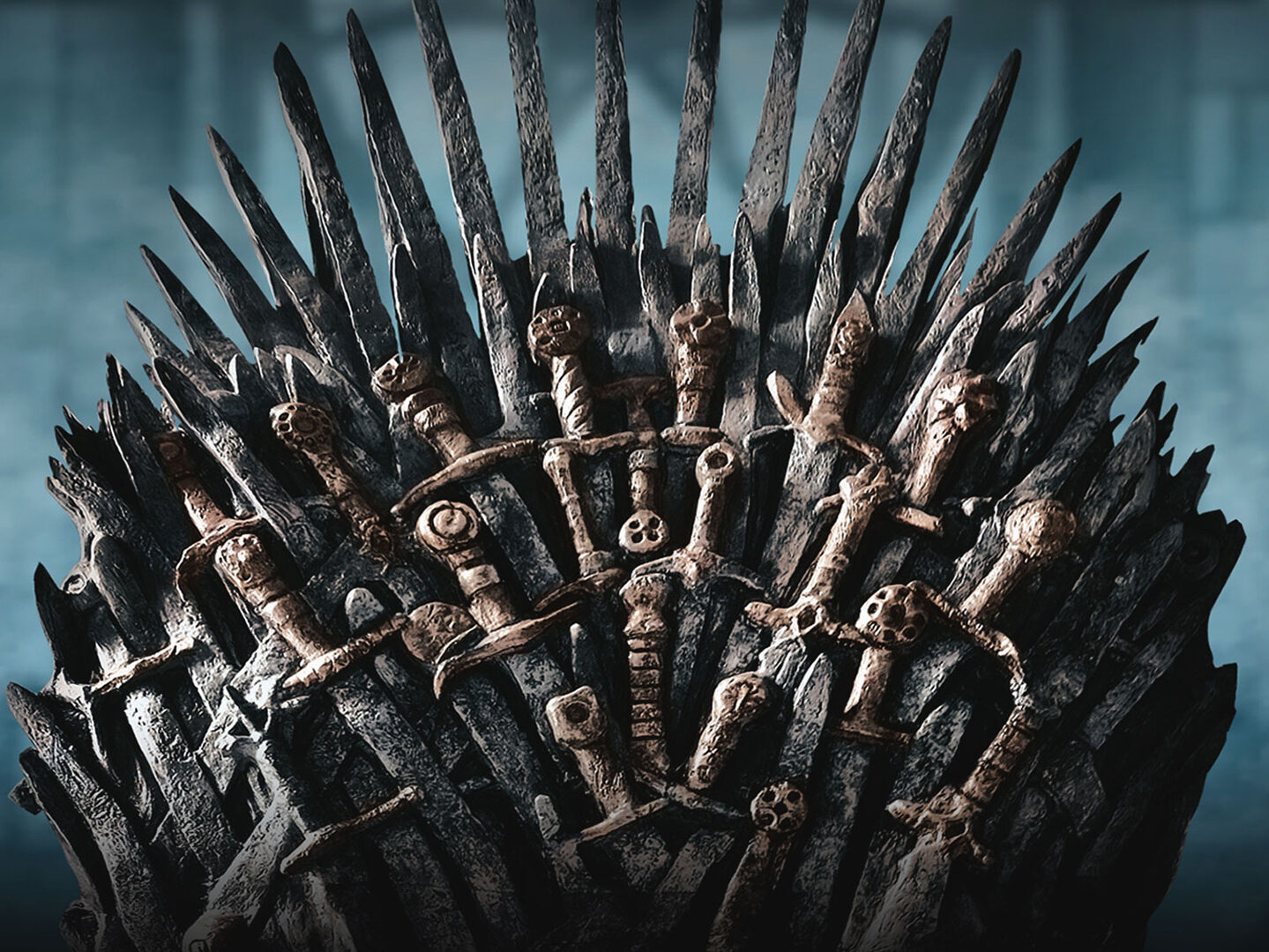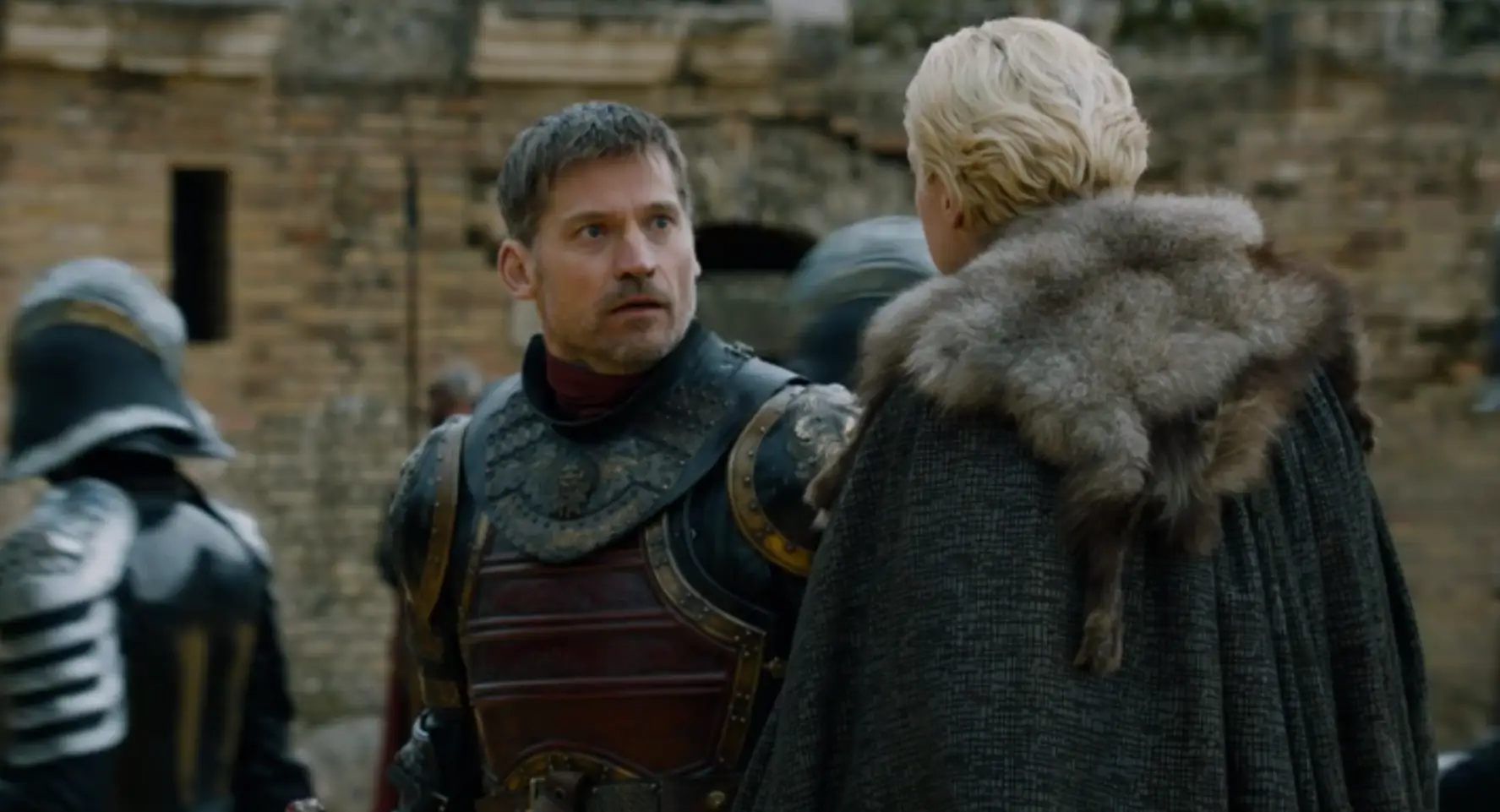Theme: Exploring the benefits of free trade through economic insights from House of the Dragon and Game of Thrones.
Learning Objectives
- Analyze how trade restrictions affect supply, prices, and market behavior using House of the Dragon as an example.
- Compare historical wealth accumulation methods with modern trading practices using Theon Greyjoy’s argument.
- Identify the benefits of free trade, including increased supply, lower prices, and cooperative wealth generation
Materials Needed
- Clip 1: Chicken Prices and Blockades (https://econthrones.com/trade-restrictions-cause-chicken-prices-to-increase-in-house-of-the-dragon/)
- Clip 2: Markets vs. Plundering (https://econthrones.com/markets-vs-plundering/)
- Chart illustrating supply and demand changes due to trade restrictions.
- Group activity worksheet (provided below).
Lesson Steps
1. Engage (5 minutes)
- Begin by asking: “What happens to the price of goods when there’s a shortage? What happens when trade is unrestricted?”
- Introduce the concept of free trade: Exchange of goods and services without restrictions or barriers, leading to mutual benefits.
2. Show Video 1 and Have discussion Explore (15 minutes)
- Begin by showing the video of Chicken Prices and Blockades (https://econthrones.com/trade-restrictions-cause-chicken-prices-to-increase-in-house-of-the-dragon/)
- Ask students to go into pairs or small groups to answer the following questions
- Why have the cost of goods gone up so much?
- “What happens to the price of goods when there’s a shortage? What happens when trade is unrestricted?”
- With the blockade, the price went up. What would happen if there was a maximum price put onto goods by the government? (Answer is the shortages become even more widespread.)
3. Show Second video and Have discussion Explore (15 minutes)
- Show the video of Markets vs. Plundering (https://econthrones.com/markets-vs-plundering/)
- Ask students to go into pairs or small groups to answer the following questions
- Compare Theon Greyjoy’s argument for cooperation and trade to his father’s preference for plundering.
- How does trade create wealth differently from plundering? (Trade allows wealth generation without harming others, benefiting both sides.)
- How do countries currently vs. historically allow for wealth creation? Do people create more wealth by trade or plundering? (Huge shift towards trade and productivity for wealth accumulation.)
4. Optional
- Optional Extensions:
- Reflection question: “Why is cooperation and trade often more beneficial than restricting trade or relying on plundering?”
- Activity: Students can research modern examples of trade restrictions (e.g., sanctions on certain countries) and analyze their economic impacts, comparing them to the lessons from the clips.

